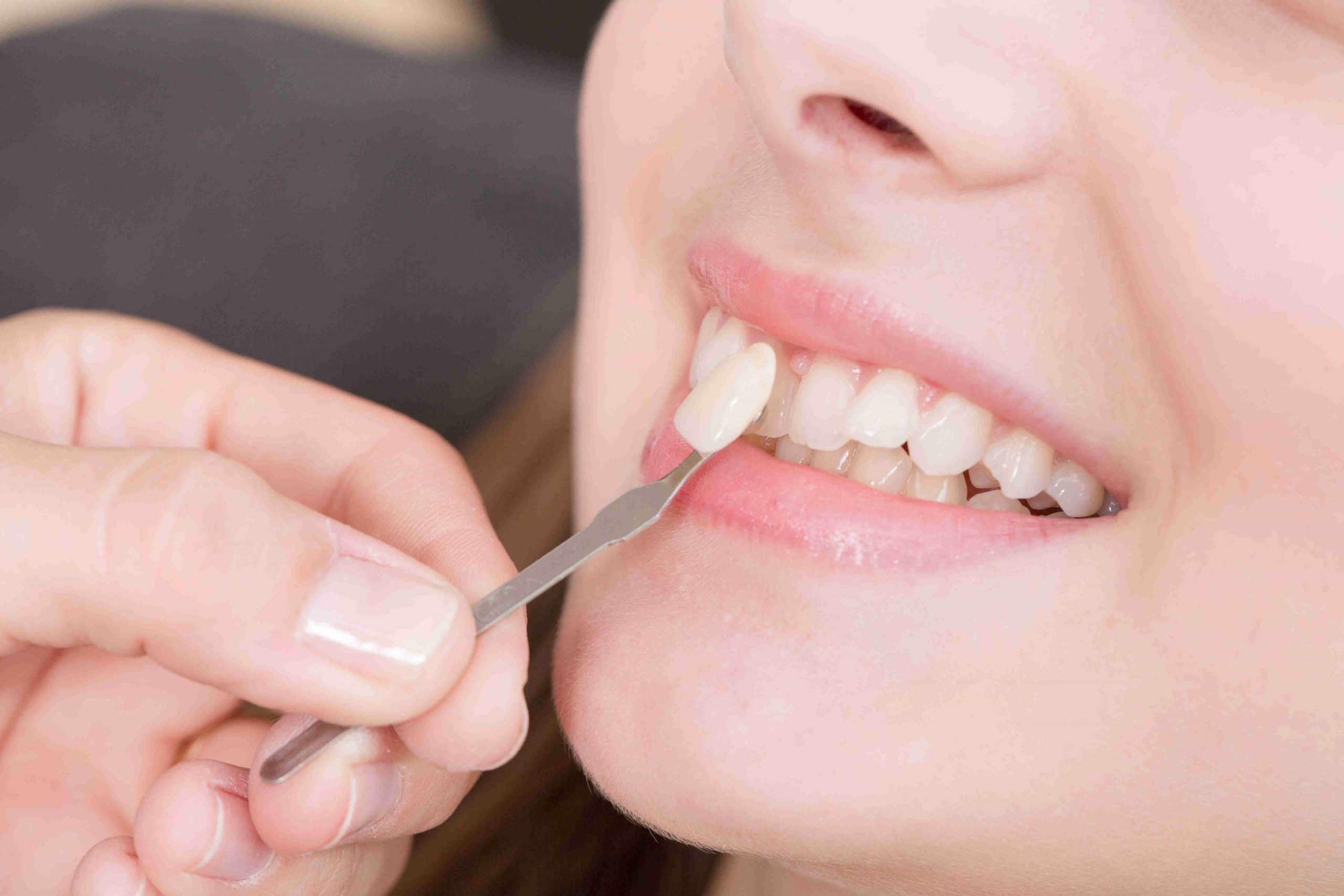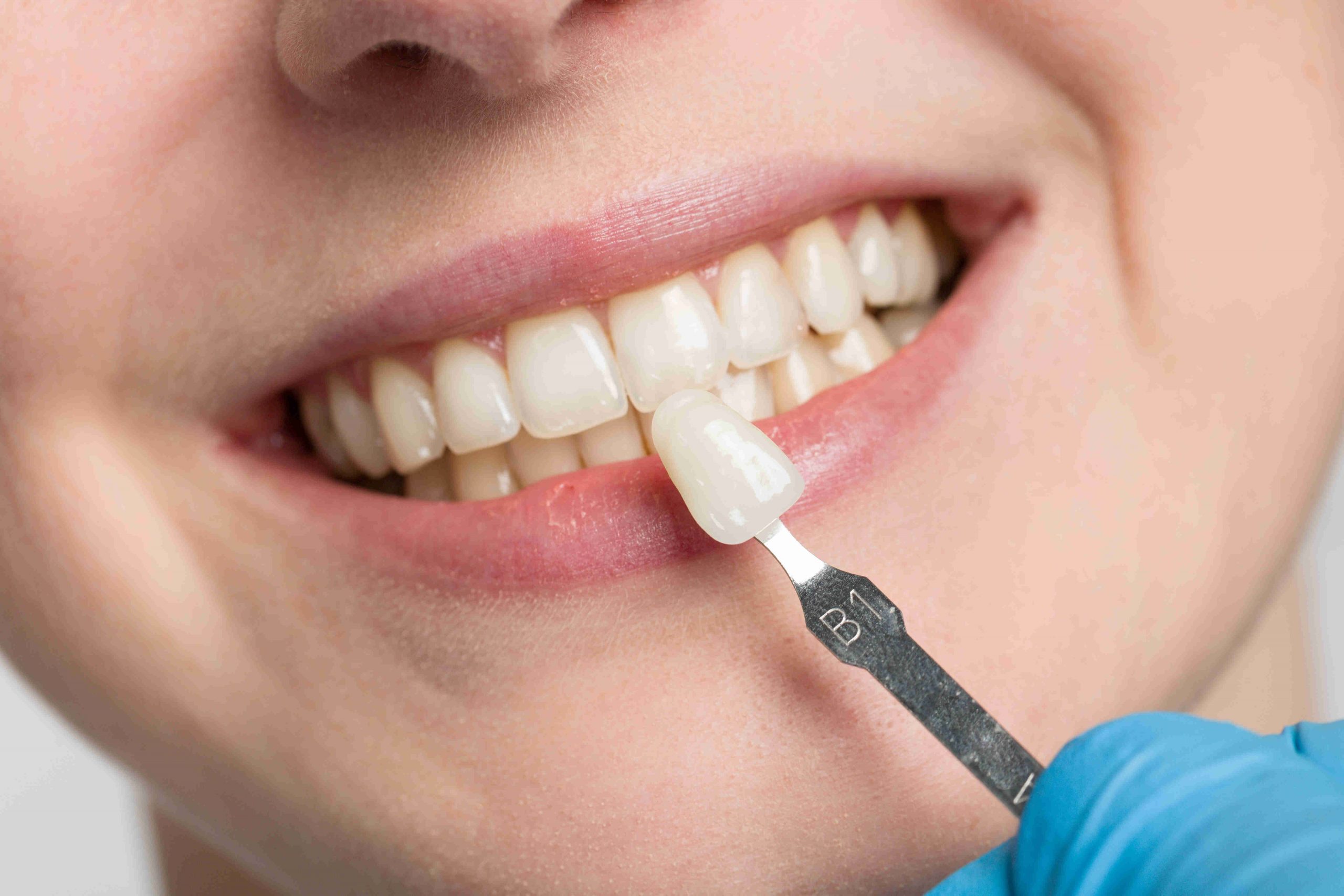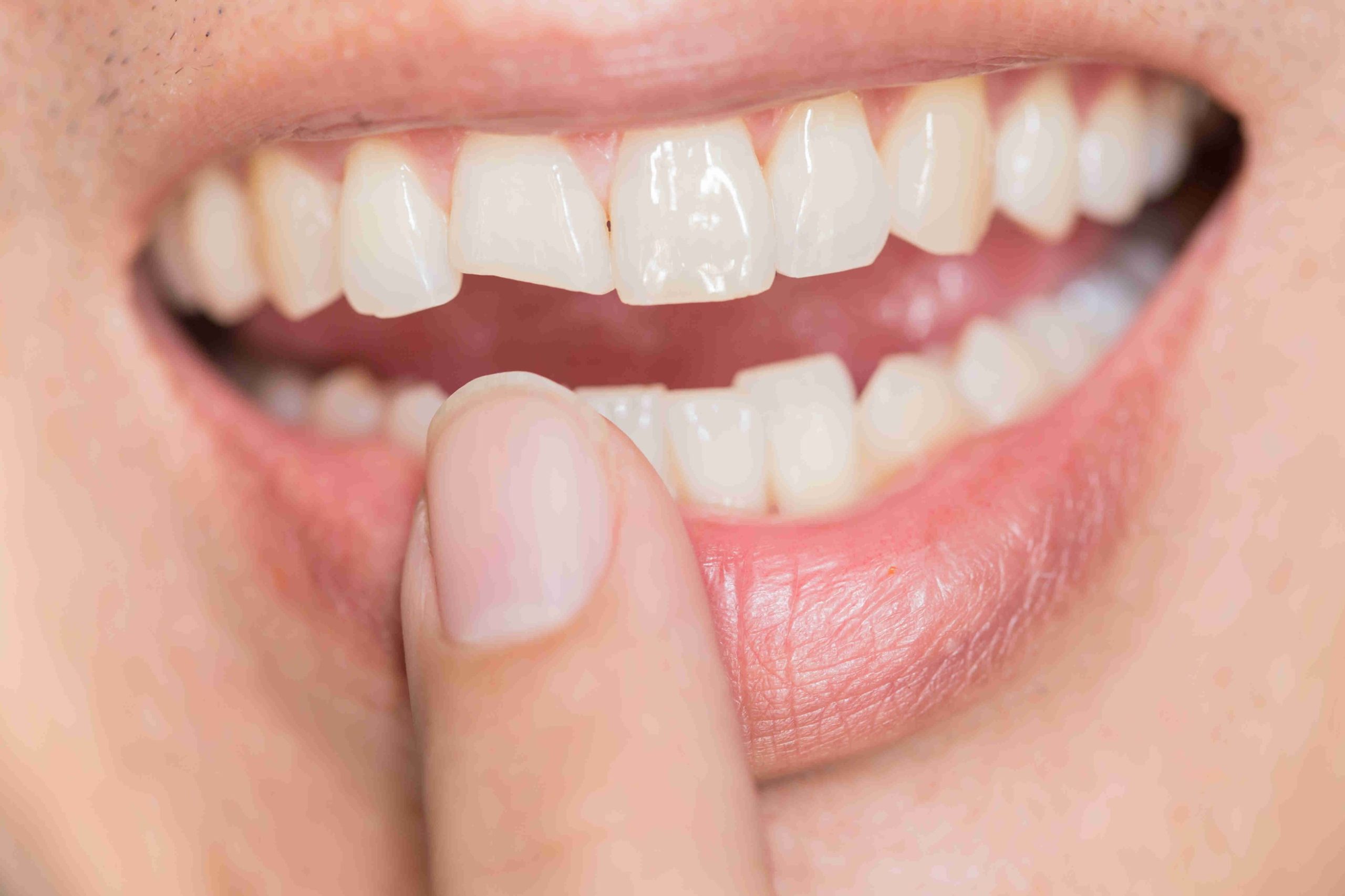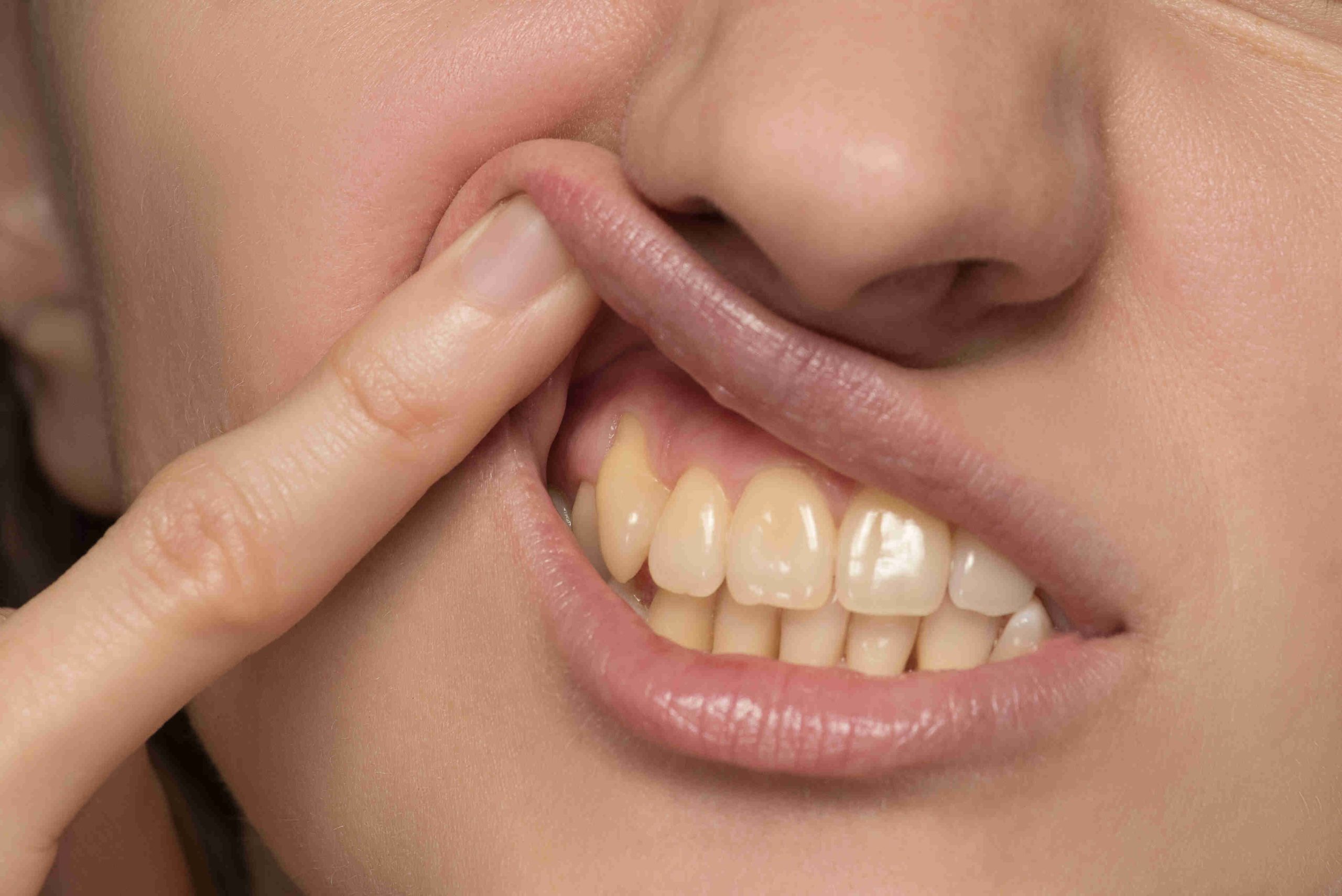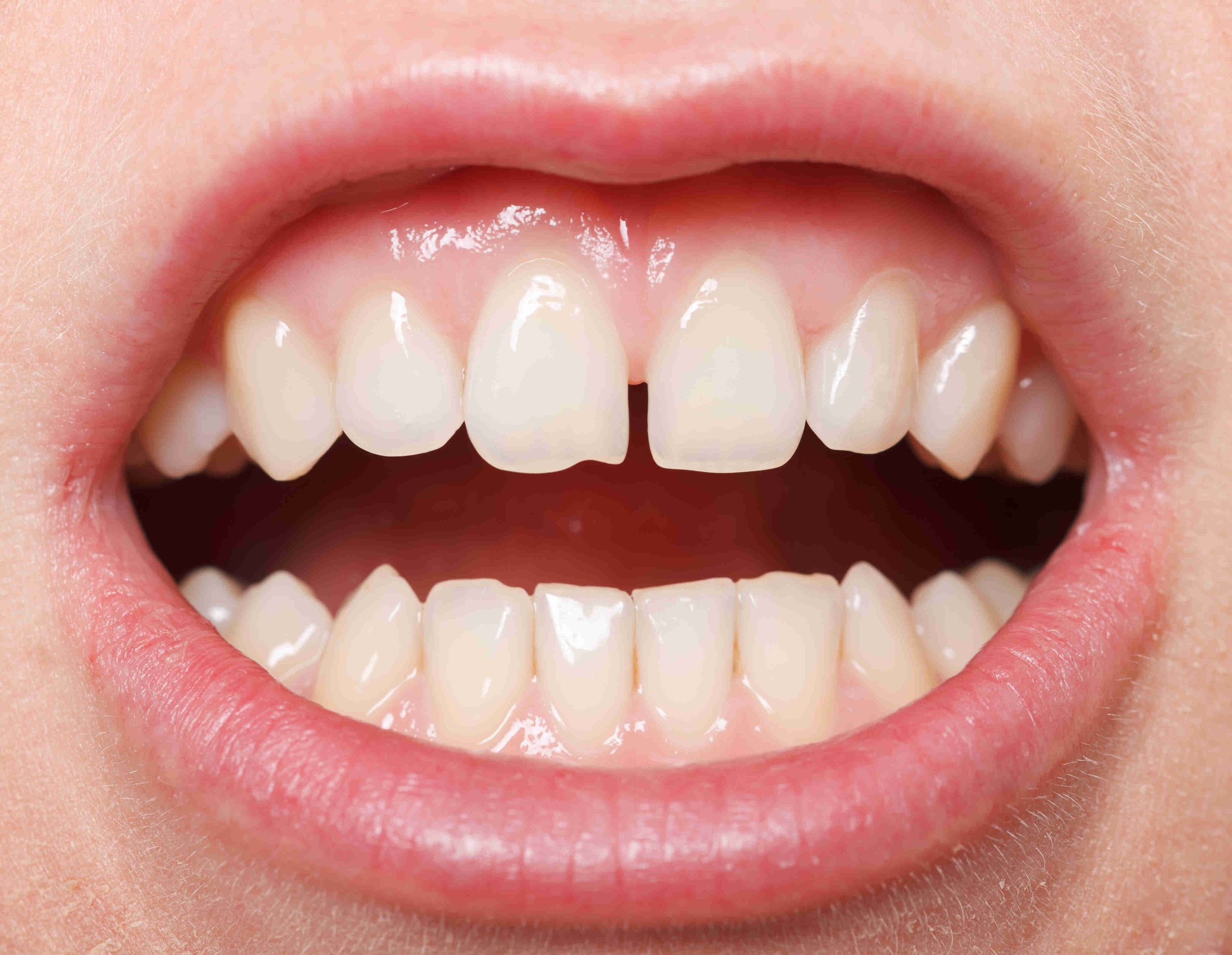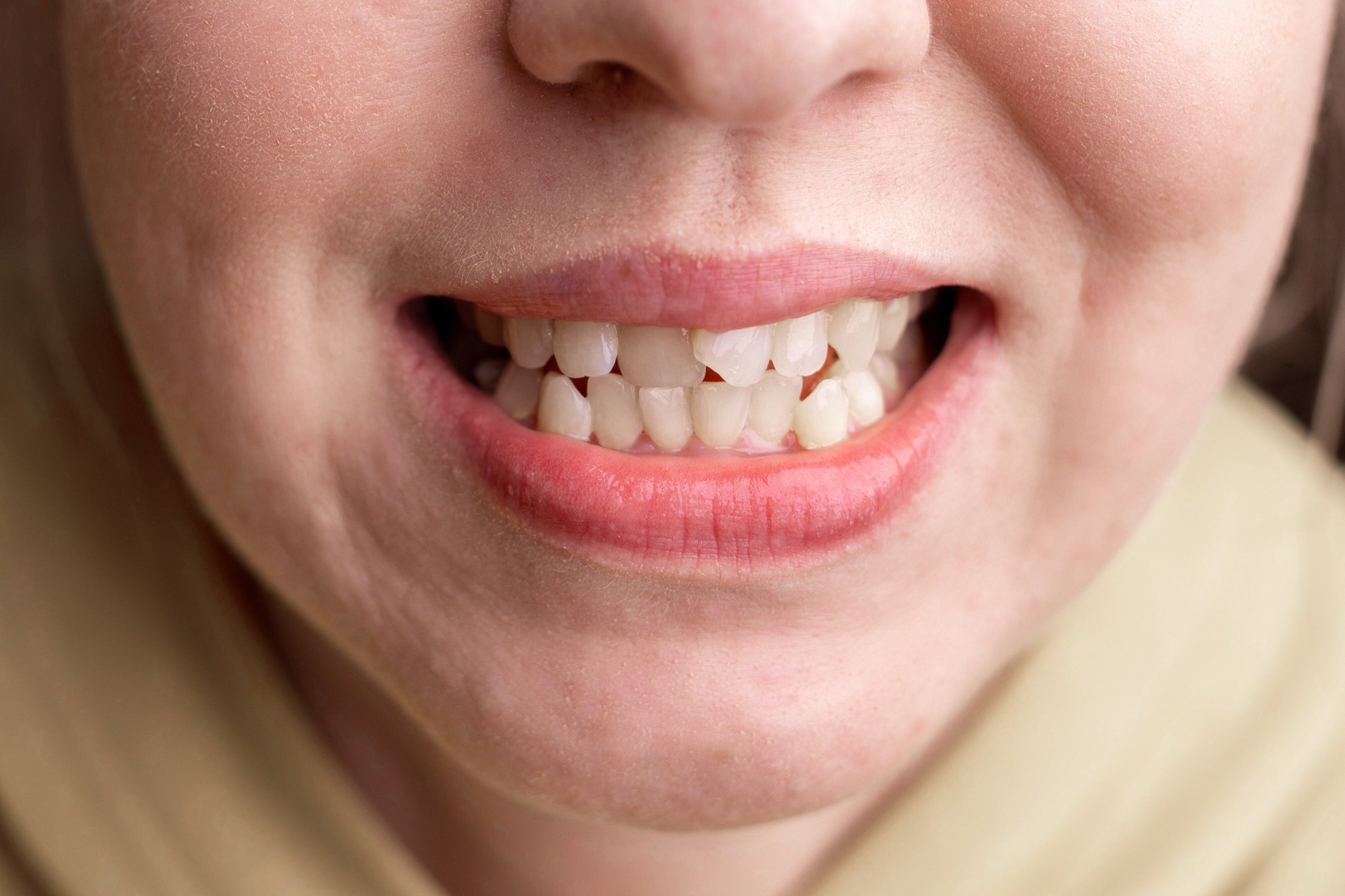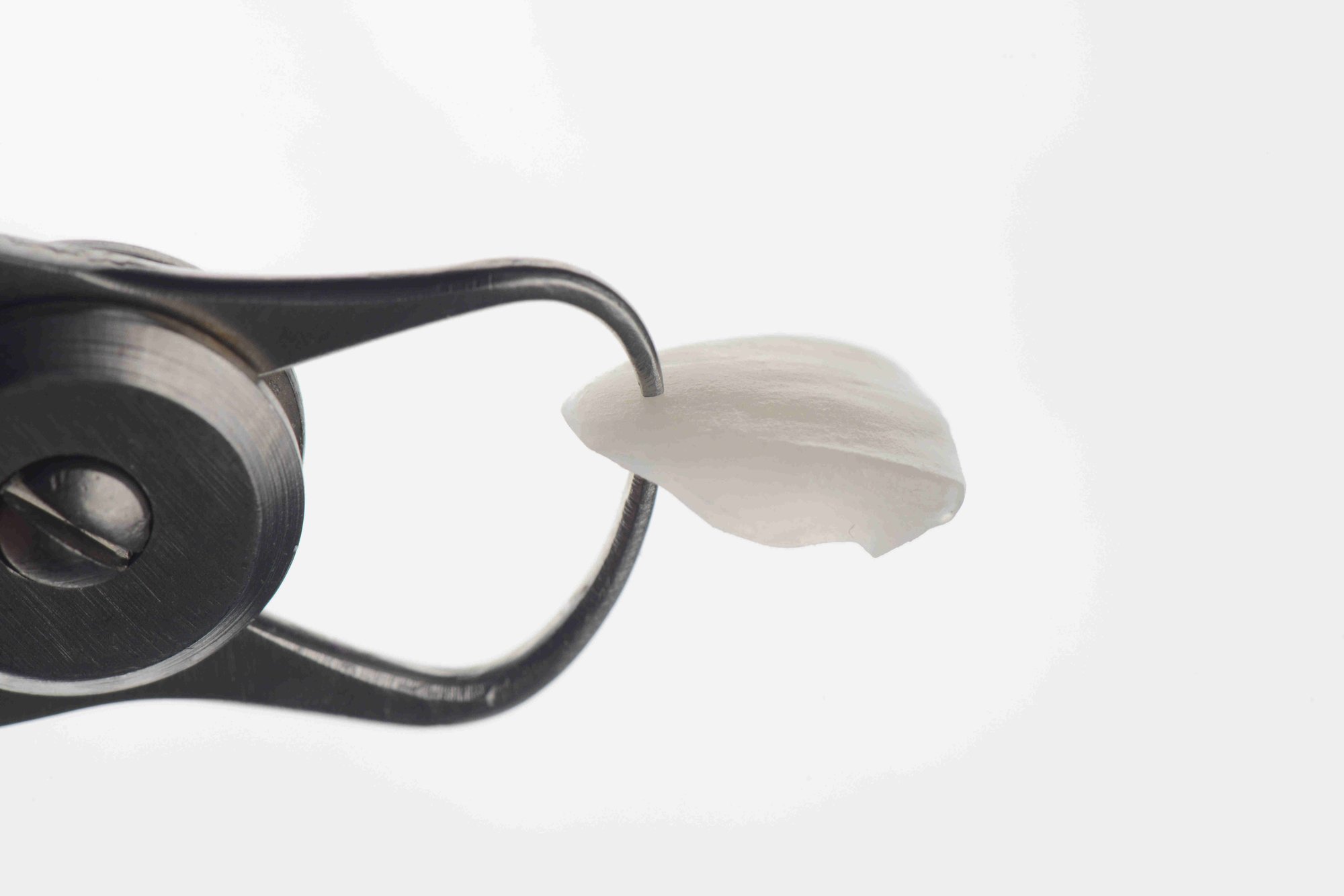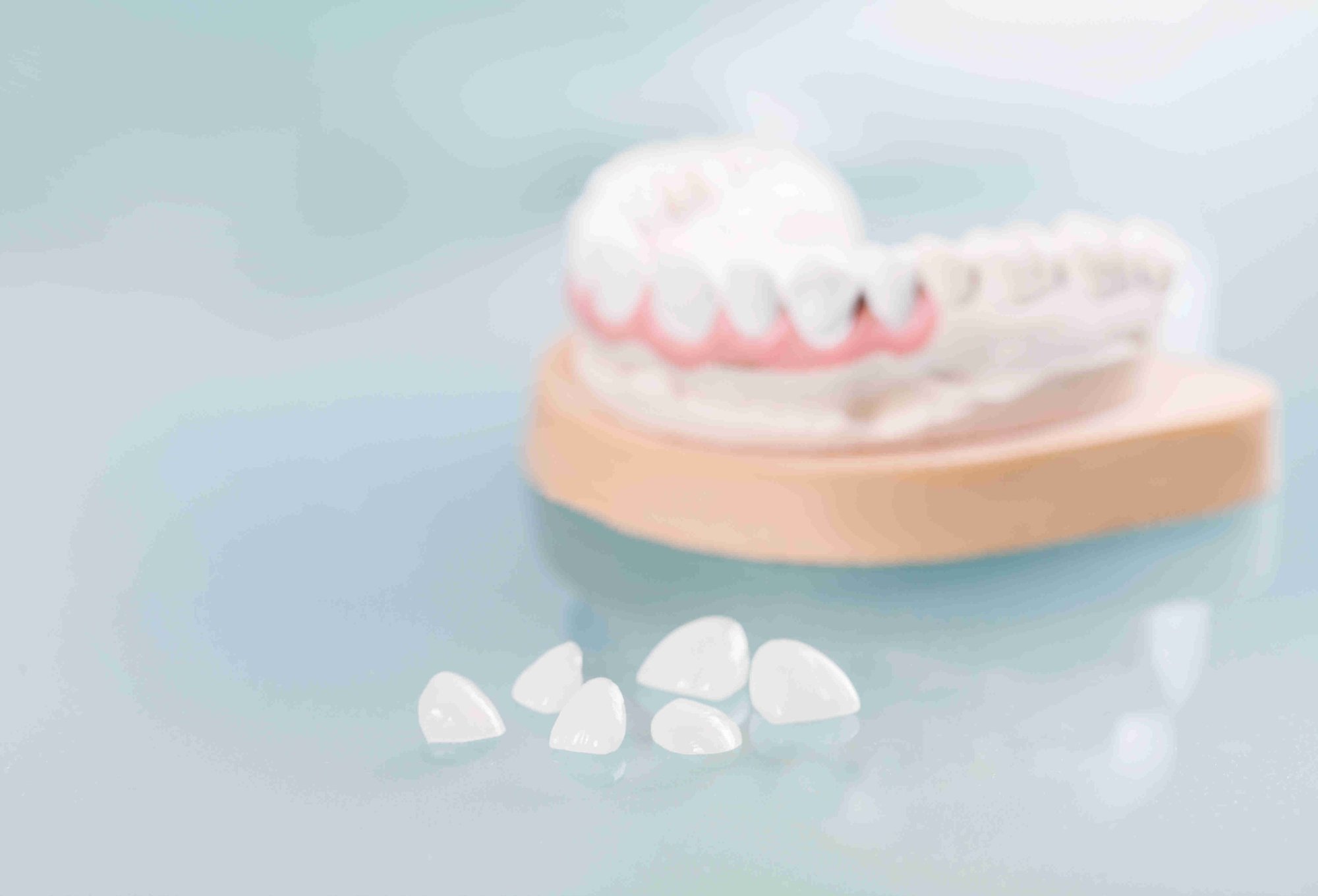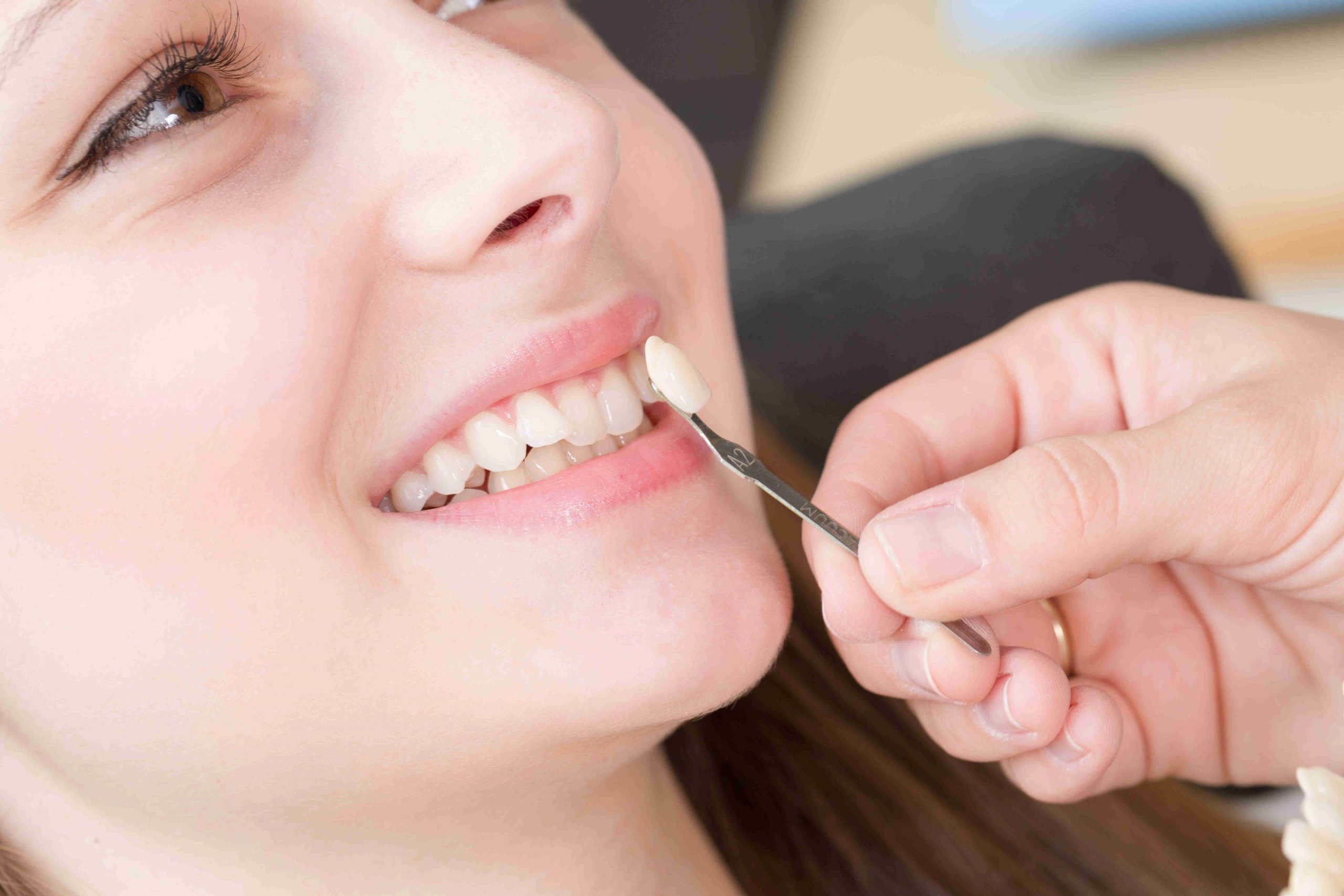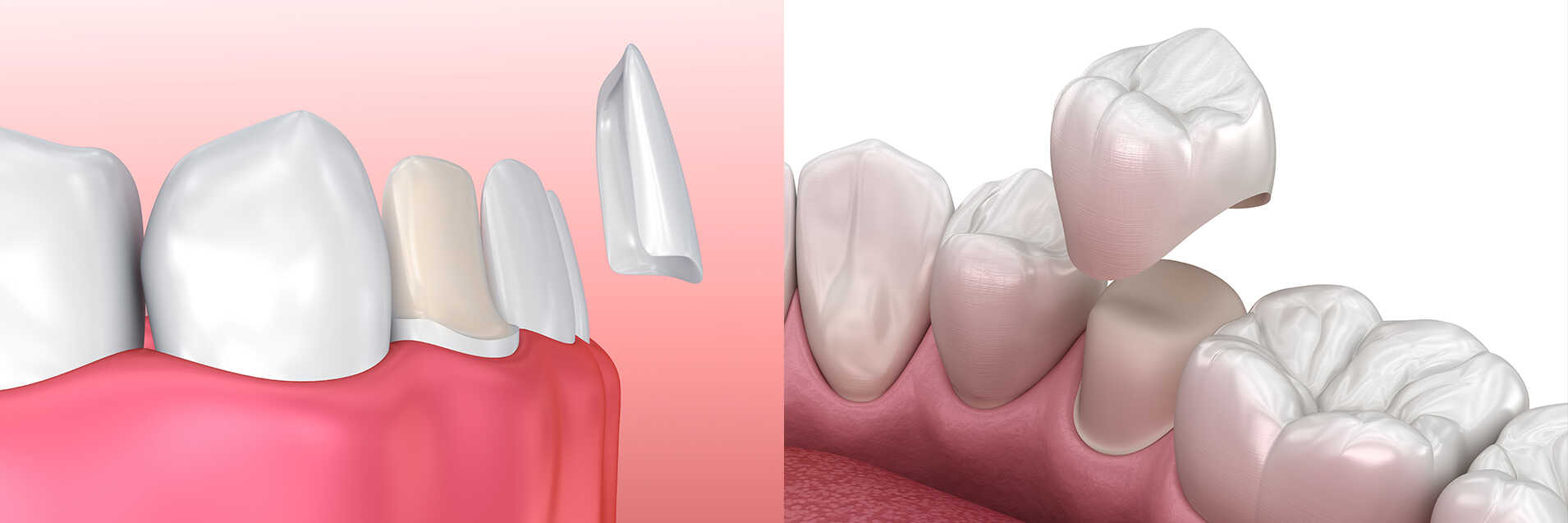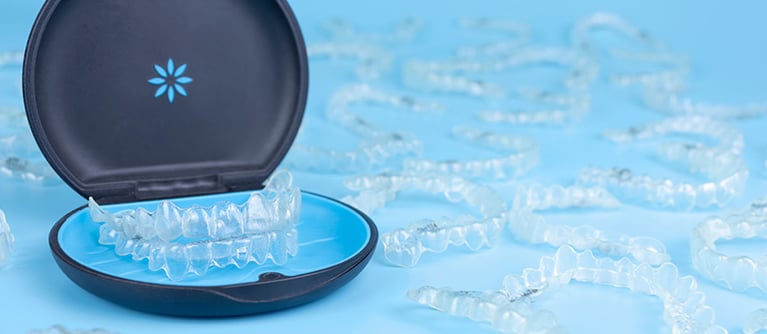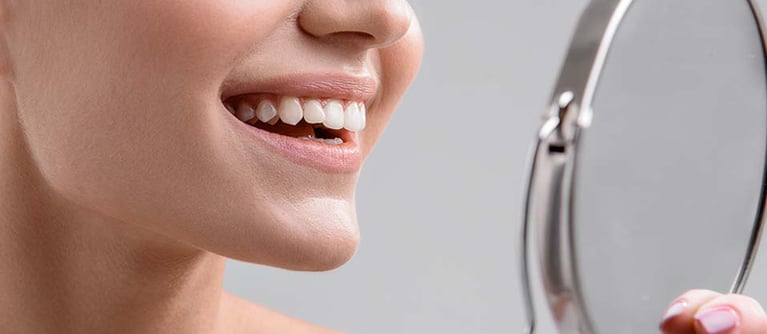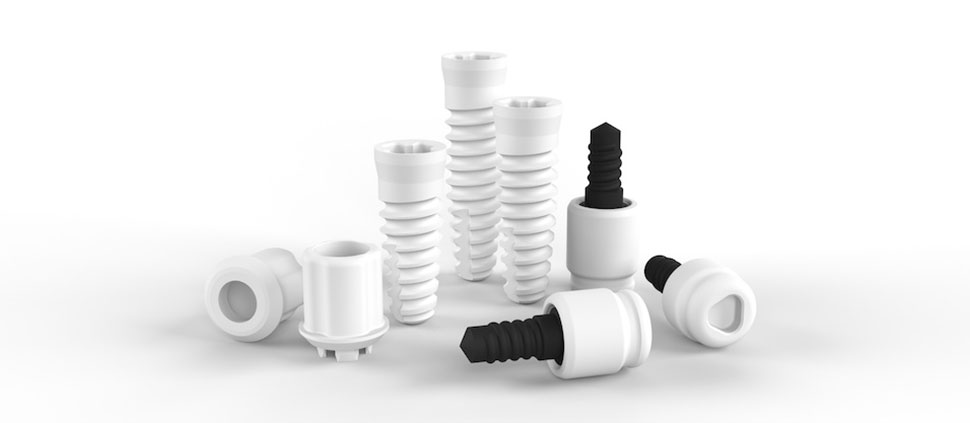Some notable examples include:
The longevity of dental veneers depends on several factors, including the material used, the quality of the bond between the veneer and the tooth, and the patient’s oral hygiene habits.
Porcelain veneers are generally more durable and longer-lasting than composite resin veneers. With proper care and maintenance, porcelain veneers can last for 10-15 years or even longer. Composite resin veneers may last for 5-7 years with proper care, but they may need to be replaced more frequently than porcelain veneers due to their tendency to chip or stain over time.
To maximise the lifespan of your dental veneers, it’s important to maintain good oral hygiene habits, such as brushing twice a day, flossing daily, and visiting your dentist for regular check-ups and cleanings. You should also avoid habits that can damage your veneers, such as biting your nails, chewing on hard objects, or grinding your teeth.





